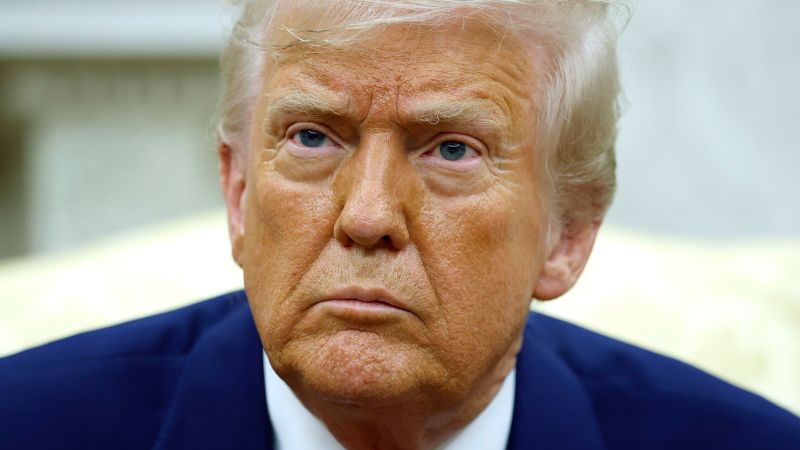US-Iran Nuclear Talks: Is a Deal Possible? A Look at the Complexities
The fate of the 2015 Iran nuclear deal, officially known as the Joint Comprehensive Plan of Action (JCPOA), hangs precariously in the balance. Months of indirect negotiations between the United States and Iran, mediated by the European Union, have yielded some progress but also significant sticking points. The question on everyone's mind: is a revived agreement even possible?
The Current State of Play: A Summary of Recent Developments
Recent talks have focused on several key issues: Iran's demand for guarantees that future US administrations won't withdraw from the deal (a key concern after the Trump administration's unilateral withdrawal in 2018), the lifting of crippling sanctions, and the scope of Iran's uranium enrichment program. While both sides have expressed a willingness to find common ground, substantial disagreements remain.
-
Iran's Demands: Iran insists on verifiable guarantees that sanctions will be lifted and won't be reimposed. They also want assurances regarding their nuclear program's peaceful nature. These demands are crucial for rebuilding trust, shattered by the Trump administration's actions.
-
US Concerns: The US remains concerned about Iran's advanced enrichment capabilities and its potential to rapidly produce a nuclear weapon. They also seek to ensure that any agreement includes robust verification mechanisms to prevent clandestine nuclear activities.
-
The EU's Role: The European Union has played a vital mediating role, shuttling between the two sides and attempting to bridge the gaps in their positions. Their continued engagement is critical for maintaining momentum in the negotiations.
The Obstacles to a Deal: Why Reaching an Agreement Is Difficult
Several significant obstacles hinder the possibility of a renewed agreement:
-
Lack of Trust: Years of mistrust and escalating tensions have made it difficult for both sides to engage in good-faith negotiations. The shadow of past failures casts a long shadow over current efforts.
-
Domestic Politics: Both the US and Iran face internal political pressures that complicate negotiations. Hardliners in both countries may oppose any deal perceived as too concessionary.
-
Verification Mechanisms: Agreeing on effective verification mechanisms is crucial for ensuring compliance. Disagreements on the scope and reach of inspections remain a major hurdle.
Potential Pathways to a Deal: What Could Happen Next?
Despite the challenges, several pathways could lead to a revived agreement:
-
Compromise: Both sides may need to make significant compromises to reach an agreement. This could involve a phased approach to sanctions relief and limitations on Iran's nuclear program.
-
Increased Engagement: Continued high-level engagement and creative diplomacy by the EU and other international actors could help bridge the remaining gaps.
-
Focus on Shared Interests: Highlighting shared interests, such as regional security and preventing nuclear proliferation, could create a more conducive atmosphere for negotiations.
The Implications of Success or Failure: What's at Stake?
The success or failure of these talks has significant global implications:
-
Nuclear Proliferation: A successful deal could prevent Iran from acquiring nuclear weapons, enhancing regional and global security. Failure could lead to an escalation of the nuclear arms race in the Middle East.
-
Regional Stability: A renewed agreement could improve regional stability by reducing tensions between Iran and the West. Failure could exacerbate existing conflicts and fuel further instability.
-
Global Economy: A successful deal could boost global energy markets and improve trade relations. Failure could continue to disrupt these markets and create further economic uncertainty.
Conclusion: A Delicate Balancing Act
The US-Iran nuclear talks are a complex and delicate balancing act. Reaching a successful agreement requires significant compromises and a willingness to overcome deep-seated mistrust. While the path forward remains uncertain, the potential benefits of a renewed deal – enhanced security, regional stability, and economic prosperity – make continued efforts towards a resolution imperative. Only time will tell whether a deal is truly possible. Stay tuned for further updates as this critical situation unfolds.
Further Reading:
- [Link to a relevant article from a reputable news source (e.g., The New York Times, BBC News)]
- [Link to a relevant article from a think tank or academic institution]
(Note: Replace bracketed information with actual links.)

